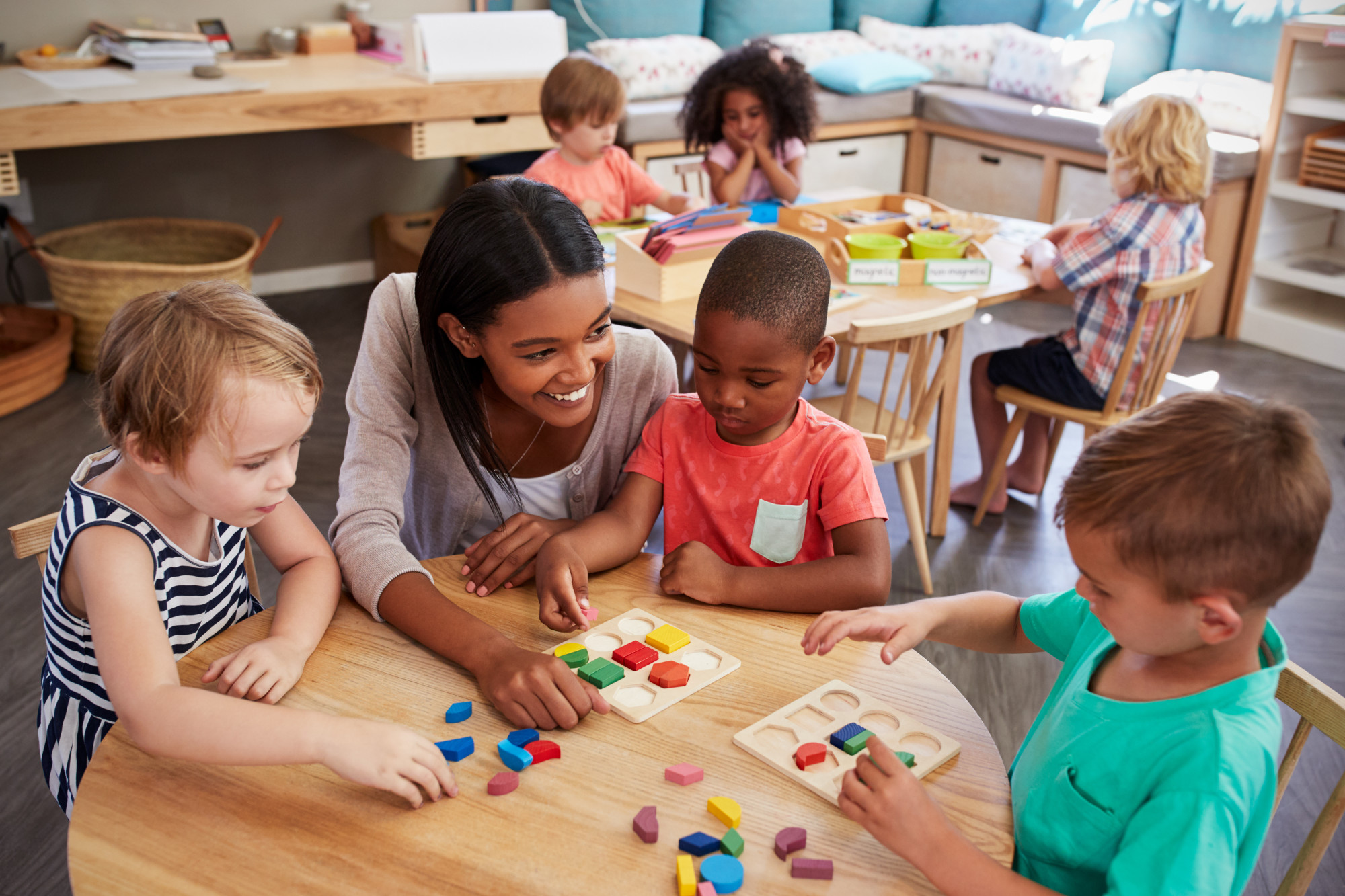Should you consider enrolling your child in a specialized learning and development program?
A child development program helps develop early learners mentally, emotionally, and socially. Learning programs help assist with your child’s development. They provide them with the tools they need to get the best results in school later in life.
Want to know the best learning program for your child? We’re here to make that decision easier for you. Check out this in-depth guide to help you make the best decision for your family.
Read on!
Montessori Method
The Montessori Method is a child-centered educational approach that emphasizes hands-on learning. In Montessori classrooms, children are free to move about and select their activities. This promotes independence, self-motivation, and discipline.
The Montessori Method was by an Italian educator Maria Montessori in the early 1900s. Since then, the approach has been in schools all over the world. The basis for the Montessori Method is the belief that all children are born with a natural desire to learn.
Montessori classrooms are typically designed to promote exploration and discovery. Materials are often stored at the child level.
There are many opportunities for hands-on learning. Children work at their own pace and follow their interests.
The Montessori Method is effective in promoting academic achievement and social development. It also promotes emotional growth in young children.
Reggio Emilia Approach
The Reggio Emilia Approach is an educational philosophy. It emphasizes the role of the environment in children’s learning. The approach has several features. These include a focus on the environment as a third teacher.
Reggio Emilia-inspired programs are popular around the world. They’re effective in promoting child development and school success. You can check out online sources to learn more about this and other early head start program options.
Waldorf Education
Waldorf education emphasizes the development of the whole child. Developed by Rudolf Steiner in 1919, it’s based on his spiritual-scientific research. It addresses all aspects of the child’s being and unfolding consciousness.
Every child has a unique way of perceiving and understanding the world. So, the Waldorf education curriculum meets the needs of each student.
Classroom activities promote cognitive, social, emotional, and physical development. Besides academic subjects, students also learn practical skills. These include gardening, cooking, carpentry, and weaving.
One of the features of Waldorf education is its use of an artistic expression. It is a means for developing cognitive and emotional capacities. This encourages students to engage in creative endeavors. These include painting, drawing, singing, dancing, and acting.
These activities not only foster creativity and imagination. They also help children to develop concentration, self-discipline, and confidence.
Waldorf education also focuses on fostering social responsibility and global citizenship. From an early age, students learn about environmental stewardship and social justice.
They are also given opportunities to put these values into practice. These are through service projects and community involvement.
Choosing the Program for Early Learners
There are many types of education and development programs available for early learners. The best ones have a balance of academic, developmental, and social-emotional engagement.
To provide a comprehensive education, we need to explore all available options. Start researching today and find the perfect program for your child’s educational journey!
Keep reading our blog for more tips on what to do to get started.
Read more articles for ibomma

